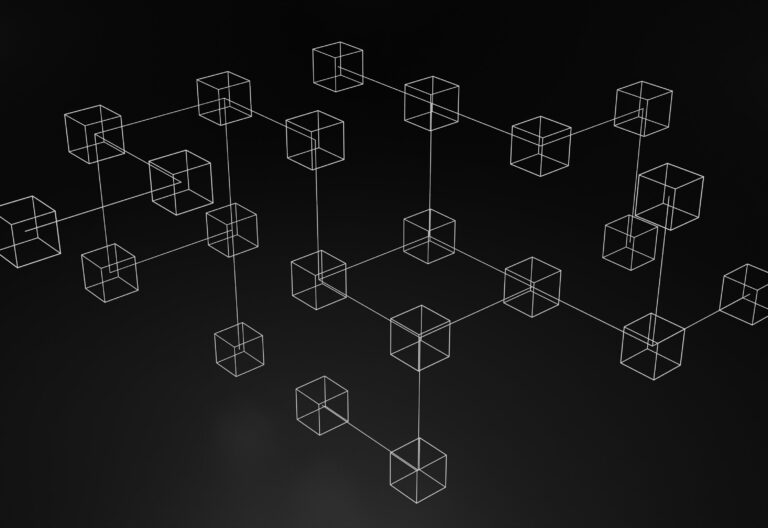Traditionally, the media relations portion of PR had – and still has – the objective of landing positive coverage and airtime for the company, person or organization.
Now, there’s one derivation of that called “digital PR” with the goal of landing media coverage primarily for the high DR links.
I think we need to move away from that and get back to the fundamental goals again.
Links are important, but optimizing for their volume and DR is not the way to go moving forward.
The DOJ slides showed us just how much Google is relying on user signals for ranking.
So that means, optimize for user signals. Real referral traffic is a strong signal.
Real referral traffic with great engagement time, visiting multiple pages, and converting is an amazing user satisfaction signal. We now know Google can measure that.
Google will continue to seek out new and innovative ways to both satisfy their users – especially as the AI LLM battles heat up – while also protecting their revenue via ads.
In fact, I think there’s a critical correlation between ads traffic and organic traffic in many scenarios – purely because of the influence additional impressions for a brand have on someone’s perception of a brand. And they are then more likely to seek out that brand, using brand + keywords.
This same though process applies to earned media. You want to be on CNBC for 3 minutes with millions of impression. That is very strong prestige and branding, directly created by media outreach.
On the flipside, in the direct marketing world, the equivalent is landing placements that send direct referral traffic that converts. Via a newsletter, tripwired, or direct lead quiz conversions.
I think conversion via paid ads will be more and more important, combined with organic social media. These will be strong filters during the AI content deluge. What satisfies users most? They’ll gravitate towards that platform, and will have many more options. Google’s power really is eroding, espcially if they can’t get a handle on social beyond YouTube.
Although YouTube – that’s another story – I think it will become more valuable than Google classic search itself, in due time. The shorts wars are upon us.
Those of us deep in SEO value organic traffic from Google Search, and know the power. We know links are important in SEO and rankings – and we can be too narrow minded sometimes. We need to change that by focusing on going direct and bypassing Google. In doing so, you are not beholden to Google, your traffic sources are diversified, you are in a position of strength.
And in a way, ironically, Google rewards that strength. Google can see you as a brand, more and more. They can interpret searches and user signals to understand the power of your brand. They have their ways, via Chrome, Gmail, logged in search, Google Analytics, Google Search Console, Google’s Ad Network, and Android. They have all the data they need.
With AI, and the AI race that Google is pouring billions into, this should get easier for Google do to. There will be lots of fakes created, but Google fights fire with fire.
In theory, Google will reward brands that satisfy users and spend on ads, more and more. Whether that’s in a few months or a few years, it will happen.
The way forward is seeking out either referral traffic or prestige.
Will the placement get you direct traffic that might convert?
Or will it get you prestige and brand recognition.
I think those should be the only two driving forces.
As a byproduct you’ll get great links.
But links should not be the vision.
Think higher level.




Leave a Reply